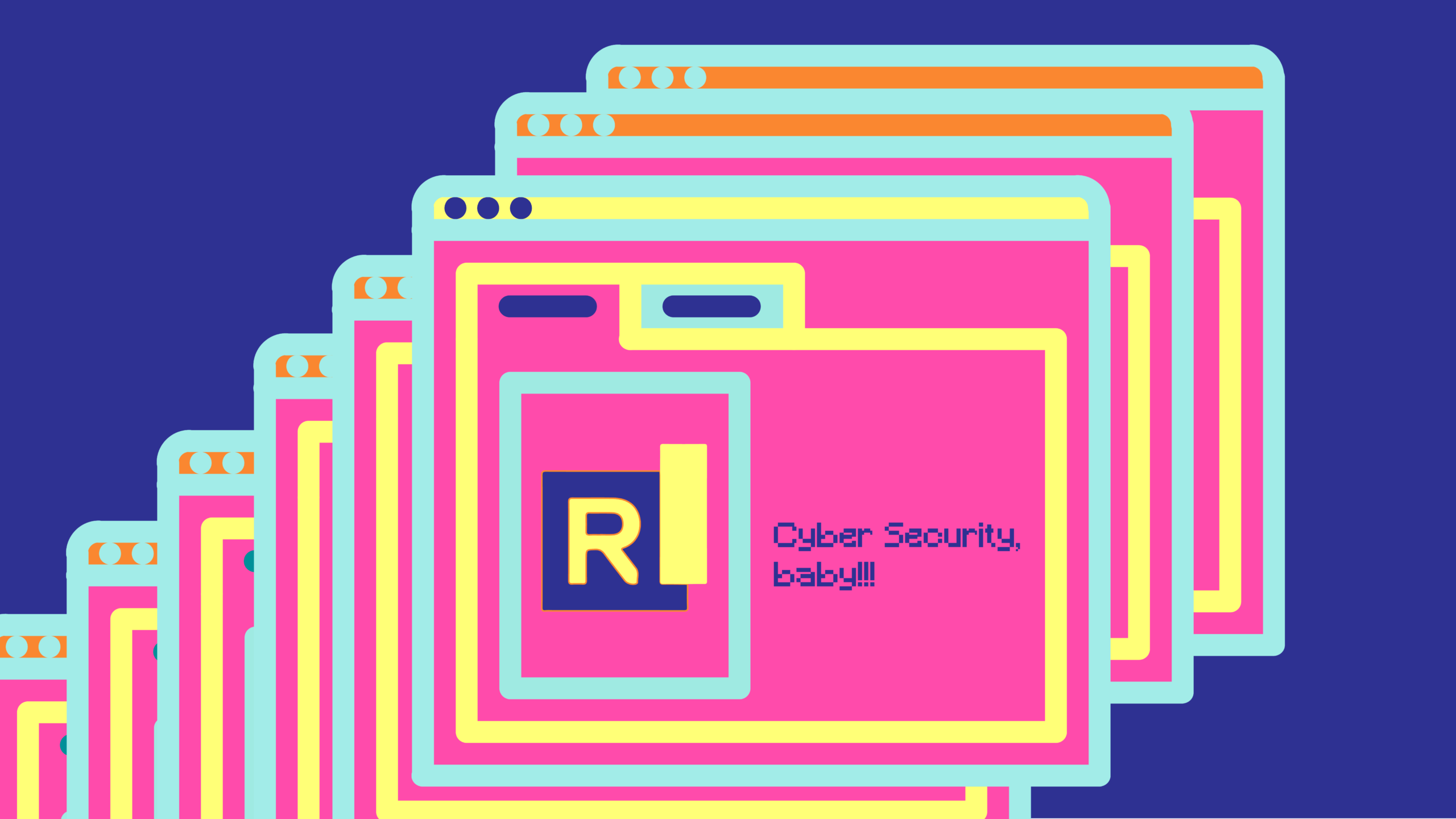By Charlize Alcaraz
Some Ryerson students feel that those in their age group don’t think about protecting themselves online as they’ve become comfortable without education on cybersecurity.
“You just kind of know the steps you take because you’ve been on the internet for so long,” said Jade Smith, a first-year arts and contemporary student.
October at Ryerson is the month of cybersecurity awareness. The university carried out a series of contests that encouraged students to report fake phishing emails that were intentionally sent by the school all throughout the month.
Marcus Edwards, a member Ryerson’s Cybersecurity Research Lab (CRL) said the awareness campaign can be beneficial to students should they take the time to learn. “It’s important in general that people are made aware of the vulnerabilities of their data, particularly in this day and age where there are so many questions about what the near future will hold for future computing technologies,” said Edwards.
According to the Computing and Communications Services (CCS) website, there were over 174 reported incidents of lost or stolen laptops and mobile devices at Ryerson.
Ryerson also blocks up to 500 malicious malware email attachments every day, and receives one million password guessing attempts in one week.
This year, students and staff had the chance to win $100 and a Google Pixelbook for detecting and reporting phish. The contest was open to any Ryerson student enrolled in at least one class in the 2019 fall semester. All eligible students who reported three of the fake phish emails and didn’t follow the malicious of more than two of them will be automatically entered into the draw.
Students that clicked on any of the attached links in the fake phish emails will receive a follow-up email notifying them that the email was intended to trick students for the intended purpose of educating them on cybersecurity.
They are also asked to complete a training module that provides tips for detecting phish that takes 15 minutes to complete.
First-year journalism student Ayleen Karamat clicked on one of the attached links in the phish emails. “I think five minutes later, I got another email saying like, ‘Oh, this is a program that teaches you about being more secure online,” said Karamat.
“So when we get those cybersecurity emails, I don’t think we even think about it because it’s like, ‘Okay, I’m fine’ or you just never think it’s going to happen to you,” said Smith.
Edwards wants to dispel that myth. “Constantly being online [is] wonderful but it gives hackers access to an incredible number of processors, computers and cloud resources,” he said. Nobody’s information is immune to being collected, students need to learn safe practices.
“The awareness thesis is important, but we’re also trying to answer questions of what threats actually exist and now we’re trying to see if there’s anyway that we could stop them,” says Edwards.










Leave a Reply